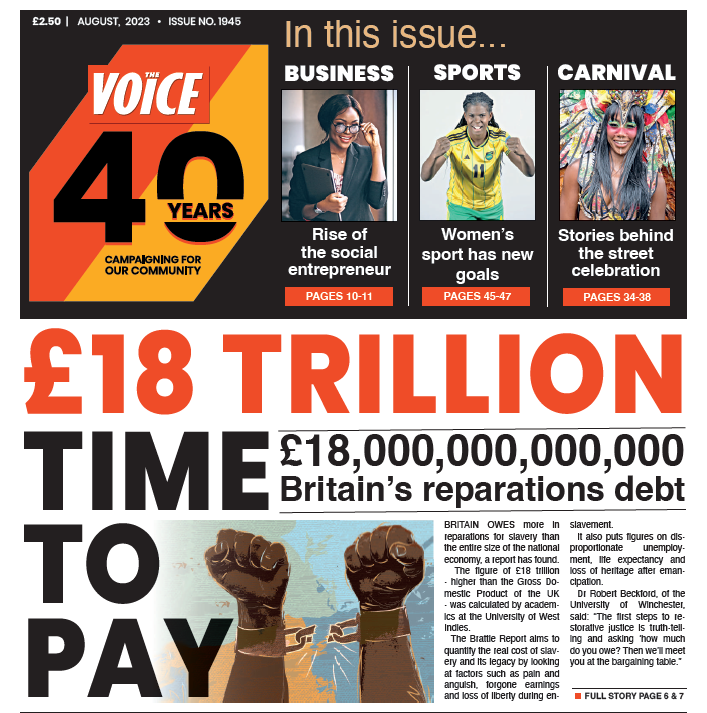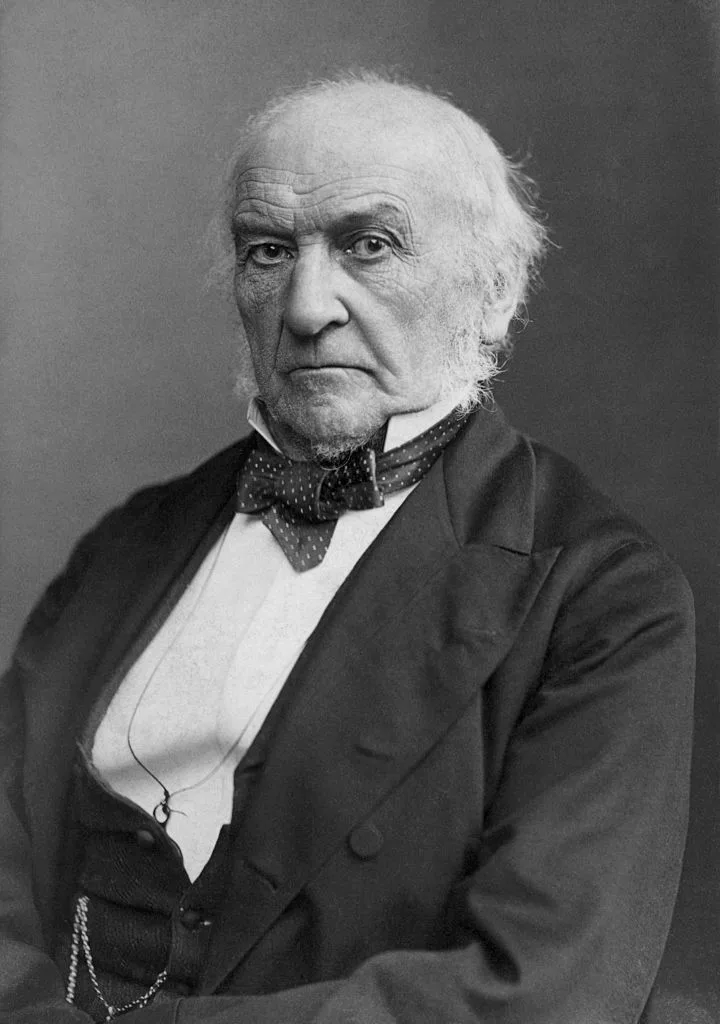THE UK can no longer ignore calls for reparations for transatlantic slavery, a judge at the international court of justice has said.
Judge Patrick Robinson said reparations had been paid for other wrongs and it was required “by history and by law.”

The news comes in the same week that the family of a former Prime Minister admitted they had profited from slavery.
William Gladstone, who served as a Liberal in Number 10 in different spells between 1868 and 1894, benefited from his ancestor who owned over 2,500 stolen Africans.
Judge Patrick Robinson, who took part in the Brattle Report which calculated that the UK owed £14 trillion in reparations, spoke to The Guardian ahead of Unesco’s Day for Remembering the Transatlantic Slave Trade and Abolition, which takes place tomorrow.
The judge said: “They cannot continue to ignore the greatest atrocity, signifying man’s inhumanity to man. They cannot continue to ignore it. Reparations have been paid for other wrongs and obviously far more quickly, far more speedily than reparations for what I consider the greatest atrocity and crime in the history of mankind: transatlantic chattel slavery.

“I believe that the United Kingdom will not be able to resist this movement towards the payment of reparations: it is required by history and it is required by law.”
Earlier this year the current PM, Rishi Sunak, ruled out any reparations for transatlantic slavery.
In March, The Guardian apologised for its historical links to slavery and pledged to spend £10 million on reparatory justice initiatives.
In January the Church of England, which is headed by King Charles, apologised for owning slaves and committed £100 million for “research and engagement”, while ex-BBC reporter Laura Trevelyn paid £100,000 for her family’s role in slavery.
The growing movement for reparations, both within the UK and the Caribbean, made reparations inevitable, the leader column in the August edition of The Voice argued.
The majority (66 per cent) of Black people surveyed by IPSO earlier this year supported reparations, compared to a quarter (24 per cent) of white people.
Earlier this month, hundreds of people marched through London to commemorate the annual Afrikan Emancipation Day Reparations Day parade.

